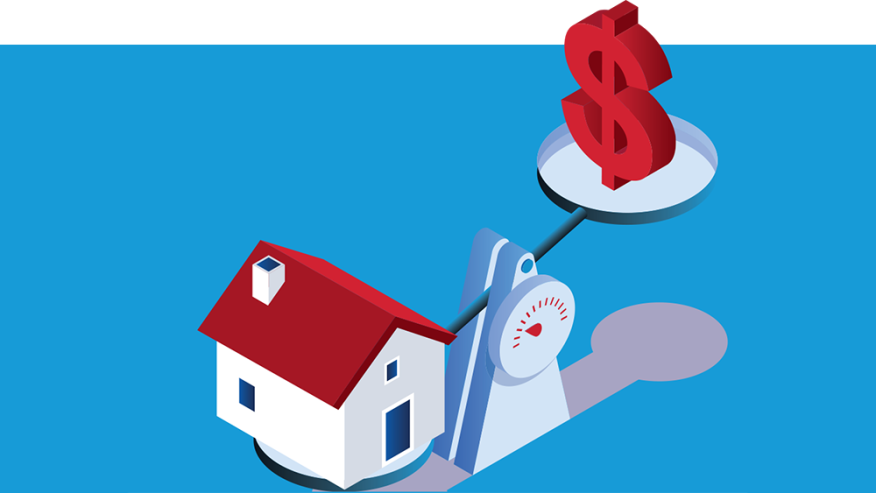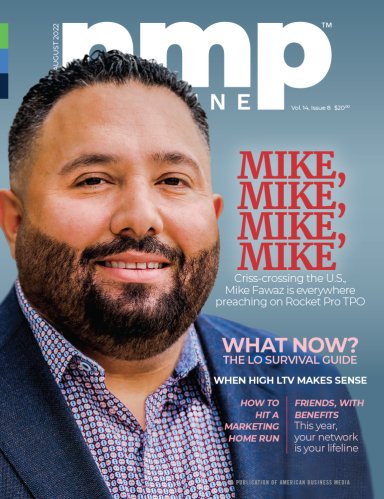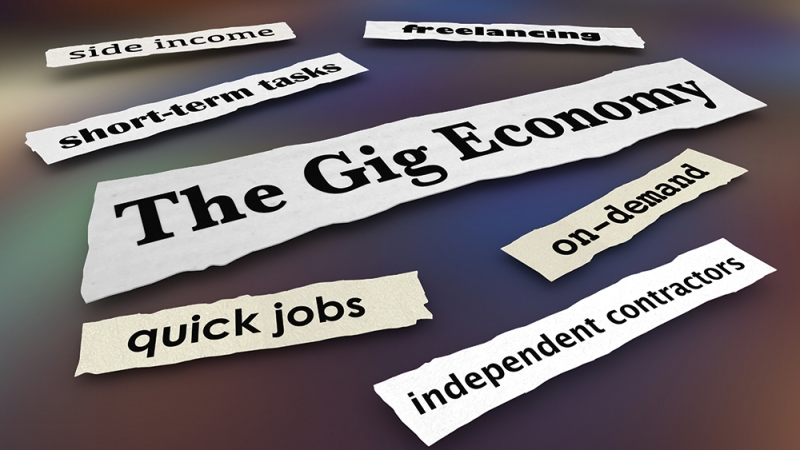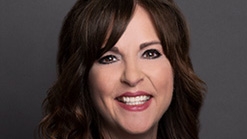Higher rates threaten to slam the brakes on what was a booming market for cash-out refinances, a popular way to tap into home equity as property values rise. Mortgage industry experts expect the refinance market to continue to slow down, with more people turning to other types of loans to meet their financial needs.
Those higher rates have begun to reverse a major refinancing boom. For two years, two major trends had shaped the mortgage market: rock-bottom interest rates and booming home values. Over the course of 2020, the average rate on a 30-year fixed-rate mortgage hit record lows again and again — driving millions of Americans to refinance their mortgages and save money on their monthly payments. Those rates stayed low throughout 2021, as well, and mortgage refinancing continued to be popular.
At the same time, home values soared across the nation with extremely few houses on the market for sale. In the first quarter of 2022, the median sales price of a single-family home in the U.S. was up more than 16% from the same period the year before, according to the National Association of Realtors (NAR).
Those two trends combined to make last year a particularly busy year for cash-out refinances. People looking to tap their home equity had plenty to borrow, and low interest rates meant they could save money, to boot. In fact, with $248 billion in equity taken out of U.S. homes, 2021 represented the highest volume in 15 years, according to data from Freddie Mac. More than 40% of all refinances involved taking cash-out, and the average amount taken out exceeded $60,000.












